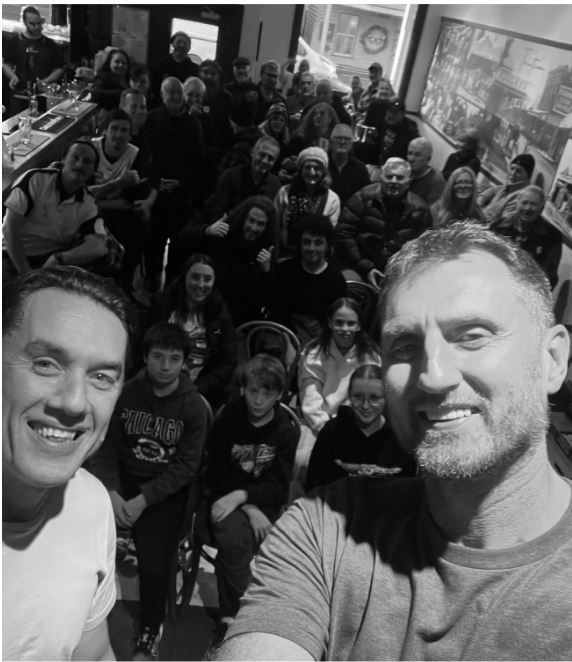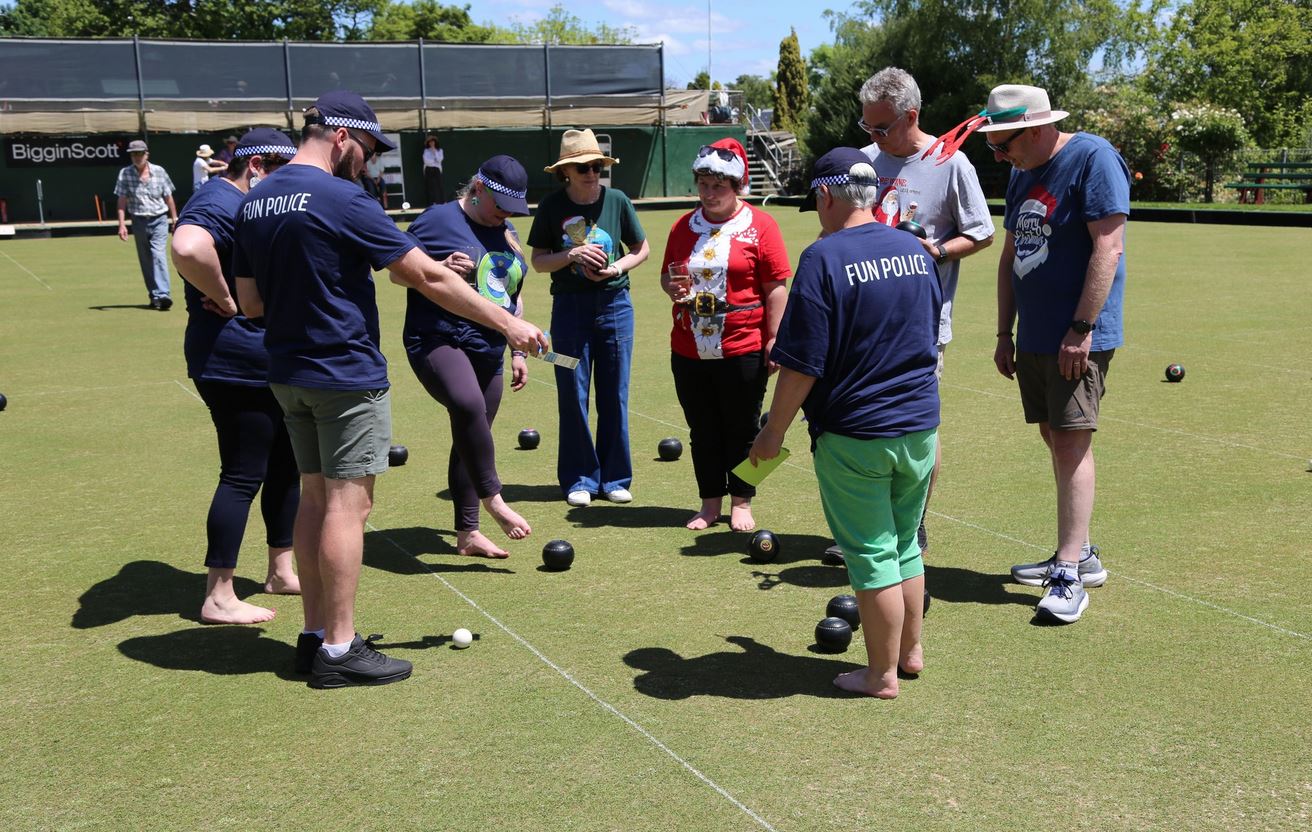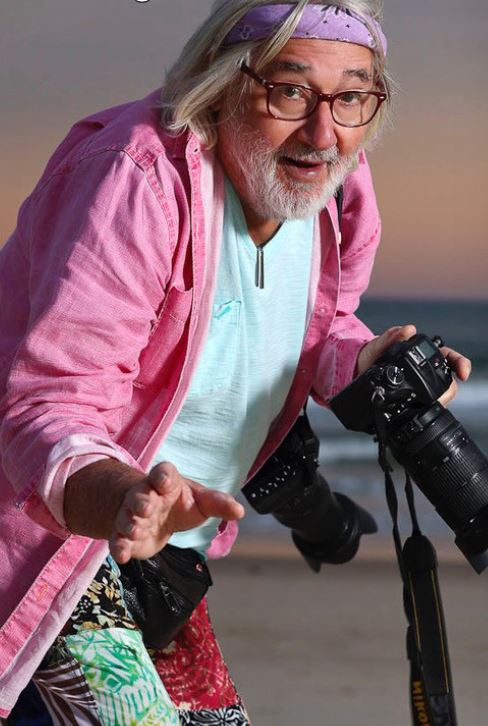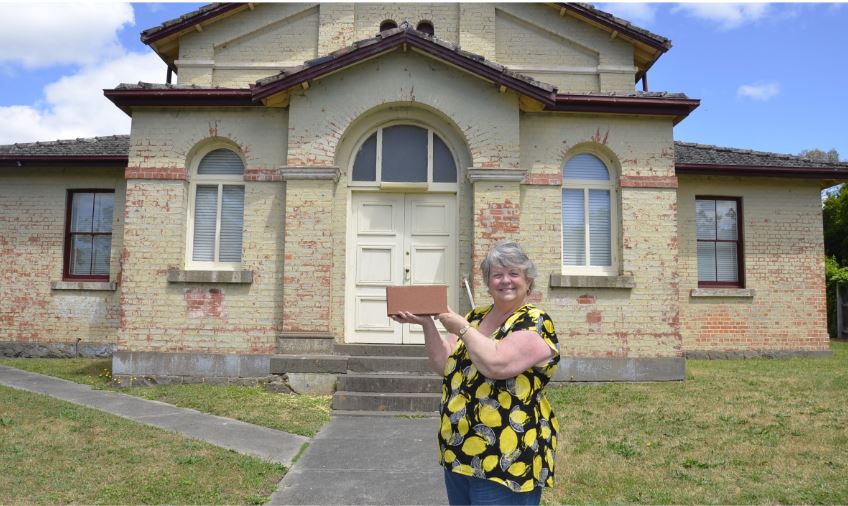November 22nd, 2024Finding small wins and sharing stories

After a long period of closure, retired sportsperson Chris Anstey re-opened the refurbished Trentham Hotel last January.
While it is still early days, the return of this beloved pub to the main street has had an extremely positive effect on both locals and visitors alike.
In that time Chris has hosted numerous guest appearances and events, even getting Trentham included as a stop on the official 2024 Melbourne Cup Tour last month.
Operating a business such as this is a great commitment and no doubt a challenge. But challenge and commitment are the two pillars that make up the former basketball champion philosophy both in his sporting career and now as a businessman.
His playing career spanned from 1994 to 2010. In that time he played for the Melbourne Tigers, South East Melbourne Magic and Victoria Titans in the National Basketball League and spent several seasons with the American National Basketball Association.
He was also away for three years playing in Russia and Europe, and played with the Australian Boomers in the 2000 and 2008 Olympics in Sydney and Beijing.
After retiring he continued coaching. Playing at the top level in any sporting discipline is a specialist world, one that most of us will never experience.
It is for this reason among many that people look up to athletes for some wisdom gleaned from the sporting ring that will help with the challenges of daily life.
One of those questions we may ask is what does it take to operate under the expectations and pressure of fans, coaches, management and other players.
Surely there is something as ‘non-combatants’ we can learn from an athlete to manage our personal endeavours. However the reality of being in this world, at least according to Chris Anstey, is enlightening as it is surprising.
“Pressure is not real, pressure is only other people’s expectations,” says Chris. “That’s one thing you learn as an athlete. If you are prepared and if you have done the work, then whatever the results are the results. That’s what a lot of people who haven’t been around sport don’t quite understand.
“They just see the scoreboard at the end. But for us, it’s more about process and finding small wins on the way, making or contributing to others around us, getting better and trying to achieve something collectively.”
After his retirement, Chris moved easily into the business sphere and like so many sports people who have made this step, he sees parallels, significant contrasts, but also a realisation that the desire to improve, found so readily in sporting teams, does not always make it over into the working world.
“A general observation is that in the workplace people don’t come in seeking to improve themselves, they just want to turn up, get paid and go home. Whereas being around sport for a long time, you know that everyone turning up to work isn’t just doing so because they get paid to do it. They are (there) to improve themselves and improve the group.
“A lot of athletes invest in themselves in their own time and that’s a big one for me. (In daily life) it’s a little bit rare for people to invest in themselves in their own time. They want to do it on company time or team time.”
Now that the Trentham Hotel is up and running, Chris has the business where he can apply his personal philosophy to growing as a person along with the people and staff around him.
Perhaps his approach is unique or the way of the courageous. But Chris prefers to see his attitude as being a little bit naive in the way he approaches things and not worry about setbacks.
He sees this as one of the most important things he learnt as a player, having your eyes wide open and accepting that if you fail you come back the next day and start again. It’s not fatal.
“Over my career I learnt as much at the end of my career from the rookies as I did from those that had been coaching for 30 or 40 years. Having a very open mind and being open to different personalities, different ideas and different challenges.
“I think one of the most dangerous phrases in the English language is: ‘We have always done it this way so it is the right way to do it,’ whereas I was always looking to something a little bit different. I like to ask ‘why not?’ instead of ‘why?’”
An important thing to note is even though Chris has written books on his experiences and been placed in the role of motivator to aspiring sportspeople and business leaders, he does not consider himself to be a mentor in any sense of the word. He just has a story to tell like all of us.
“I don’t consider myself a teacher,” he says. “I’m simply a big believer in whatever question you ask, the answer is going to be the people around you.
“Furthermore I just like to share stories and if it resonates with people that’s great. But everything is only a suggestion, and as much as anything, I like listening to other peoples stories just as much as I like telling my own.”
Words: Tony Sawrey | Image: Contributed









